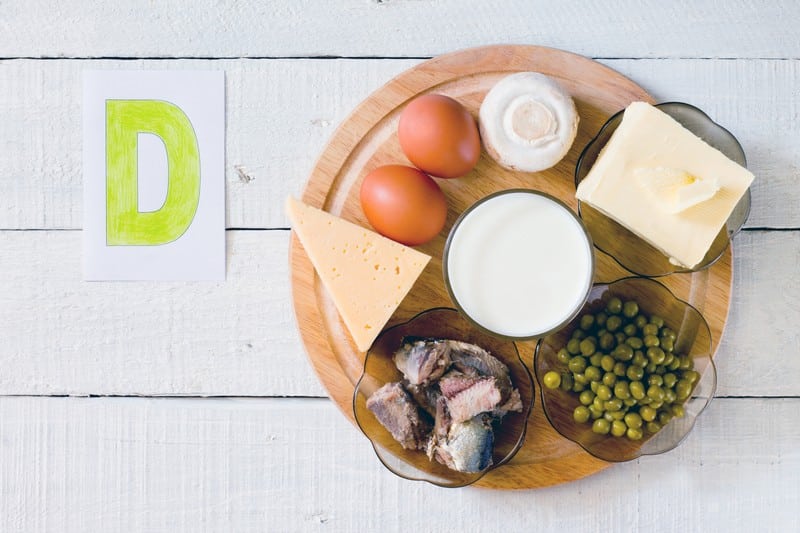Vitamin D Deficiency

Another fundamental nutrient supporting many bodily processes like calcium and magnesium absorption, growth and hardening of the bones, and immune and muscle function, vitamin D also helps relax the blood vessels and arteries to ensure proper blood flow. Those with low levels of vitamin D may experience veins that struggle, putting them at greater risk of developing venous problems like varicose veins.
A person’s daily requirement of vitamin D depends on many different factors, including but not necessarily limited to health status, age, and sex. Usually, healthcare providers consider the level of vitamin D to be adequate if an individual has twenty nanograms of the nutrient per milliliter of blood. However, if it goes beyond fifty nanograms per milliliter, there’s a chance that you may experience some side effects.
Some adverse effects of vitamin D over-supplementation are hypercalcemia, kidney damage, irregular heartbeat, bone pain, brittle bones, dehydration, tinnitus, pancreatitis, breathing trouble, and heart attack. As crucial as vitamin D is, supplementation isn’t recommended for everyone. Those with tuberculosis or sarcoidosis, some lymphomas, and Crohn’s disease are generally at risk of toxicity. For this reason, it’s best to consult a doctor before supplementation, as it can potentially lead to life-threatening complications.










